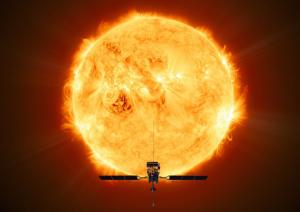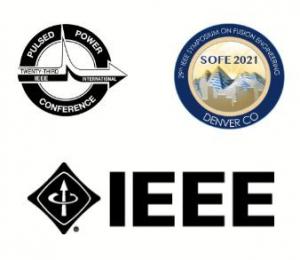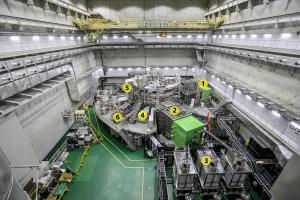What’s New
10 February 2020
ITER news digest for the period of 3 February 2020 to 10 February 2020.

Exploring the Sun's uncharted regions

Fusion's hot moment

Calling for nominations: 2020 Fusion Technology Award
ITER NOW 1.2: The Monaco Post-Docs





